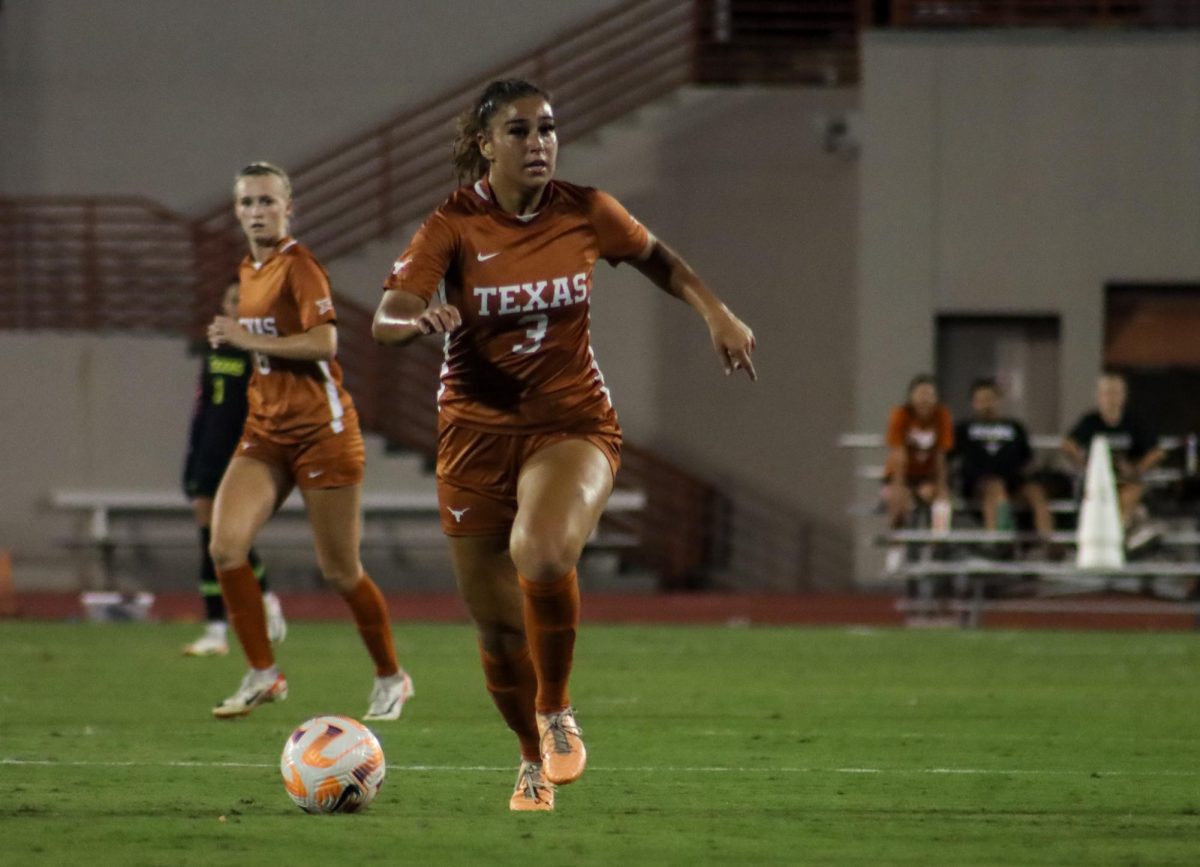Wichita Falls/Graham Stars pitcher Jerry Craft had never been on a road trip with his new team. And after earning a win in his first away game of his short career, Craft was put in a tough spot.
It was Juneteenth 1959 — almost 100 years after the Emancipation Proclamation was read in Texas — and Craft had asked his teammates where they would be spending the night. His teammates responded with laughter to Craft, or “white boy” as he was referred to, and had to explain that there were not enough rooms available for the black players.
Craft was the only player on the team, which played in the West Texas Colored League, who had the opportunity to spend the night in a hotel room with a bed and a shower.
While most of his teammates were preparing to set up tents or sleep in their cars, Craft chose to join them and sleep in the back of his car, earning the respect of his entire team.
From that moment on, there was a marked difference in the team and how they responded to Jerry as a white pitcher. At first, Craft was referred to simply as “white boy” a term that symbolized the team’s objections to his presence on the team. Throughout the season the progression of Craft’s nickname from simple “white boy” to “our white boy Jerry” showed the progression that the team encountered not only on the field as teammates but in other aspects of life as friends outside of the game.
In 1947, America’s pastime truly became a national sport that could be played by everyone in the nation. However, it took many years of abuse and a strong resistance to change for baseball to truly develop into a sport where race was not a factor.
Jackie Robinson’s debut on April 15 of that year began a long journey toward a true desegregation of baseball. Throughout his career, Robinson met endless abuse both from fans and other ball players with patience and integrity. Many years after the influence that Robinson left on professional baseball, Jerry Craft experienced many of the same prejudices as he became the first white pitcher to play in the West Texas Colored Leagues.
Craft was born in Jacksboro, where he grew up around a family with a hard-nosed work ethic and a deep love of baseball. His father was an experienced outfielder who played on many town teams around the area. Although he was conditioned to follow in his father’s footsteps as an outfielder, Craft developed into an effective pitcher and played on his high school’s baseball team in addition to many semiprofessional town teams in the area. In the late 1950s, Craft went to Texas Tech where he attempted to walk on to the varsity baseball team. Although he did not get a chance to play collegiate baseball, during his first summer home from college, he was given the opportunity to play on a team that taught him more than he could have anticipated.
The Stars were one of many semiprofessional all-black baseball teams in the West Texas area. Carl Sedberry, the manager of the Stars, was instrumental in recruiting Craft as a pitcher for his team. Sedberry knew that he had a phenomenal ball club that was capable of winning but lacked a pitching staff to get the job done. After careful scouting and character evaluation, Craft was invited to play with the Stars at the beginning of the summer of 1959. So deep was the desire to win that the team agreed to allow a white man to join the team.
“We needed a pitcher, and he was a pitcher,” explained Clarence Myles, one of Craft’s teammates. “We were just happy to have him.”
At the start of the season, there was a bit of tension that resulted from the long-held social beliefs of the area. While they were not hostile toward him they were a little wary of his presence on the team.
“My teammates were very [harsh] with me to start with,” Craft recalled. “They didn’t want a white boy on their team.”
It didn’t matter though. They had to deal with it.
But while the Stars allowed Craft to play with them, their opponents were not nearly as accepting of a white ball player in their league. At a majority of the games, Craft was not only the subject of stares and constant mutterings, but was also on the receiving end of elevated ridicule and broken beer bottles being hurled at his head.
The friendships that were made and the things experienced held great significance for everyone involved. But it took a touch of humility and a couple of difficult experiences for the bond between Craft and his black teammates to truly develop.
The defining moment for Craft came during a road trip to Waco. After a difficult loss, Sedberry took the team to an all-black restaurant, a rare treat for a team that was accustomed to money-saving sack lunches. Once the team had ordered, the owner of the restaurant asked Craft to leave indicating that his presence in his diner was making the other patrons uncomfortable. Refusing to abandon their teammate, the rest of the Stars walked out, refusing to eat at an establishment that would not serve white patrons.
Refusal of service was a common occurrence in many white restaurants of the time, but this was the first occasion that Craft had experienced the same prejudice that his black teammates felt a majority of the time. The impact of this moment brought all of the Stars to a shared level — no more were they opposites brought together by a sport, they had experienced discrimination and humiliation together, and Craft finally felt a taste of what it was like to exist in the world that belonged to his teammates.
While the story of Craft and his teammates on the Stars may seem insignificant in the course of history, it held many important lessons and represented the reluctance of the American culture to change. Kathleen Sullivan, who at the time was teaching a class on baseball literature at the University of Texas at Arlington, helped Craft share his story in the book “Our White Boy,” which Craft promoted in the Texas Book Festival earlier this month. Sullivan felt called to write about his unique experiences and hoped that many would learn an important lesson from a complicated time in America’s history.
“Look at those who are different from [yourself] and be open to differences because that’s how you learn,” Sullivan challenges. “They have a lot more to offer you than just hanging out with people who are exactly like you.”
The love that the members of the Stars had for this game had the power to overcome racial barriers and a prejudice that had been engraved in the culture of West Texas for many generations — it had the power to entice change. After everything was said and done, they all agreed on one resounding conclusion: They just wanted to play ball.













